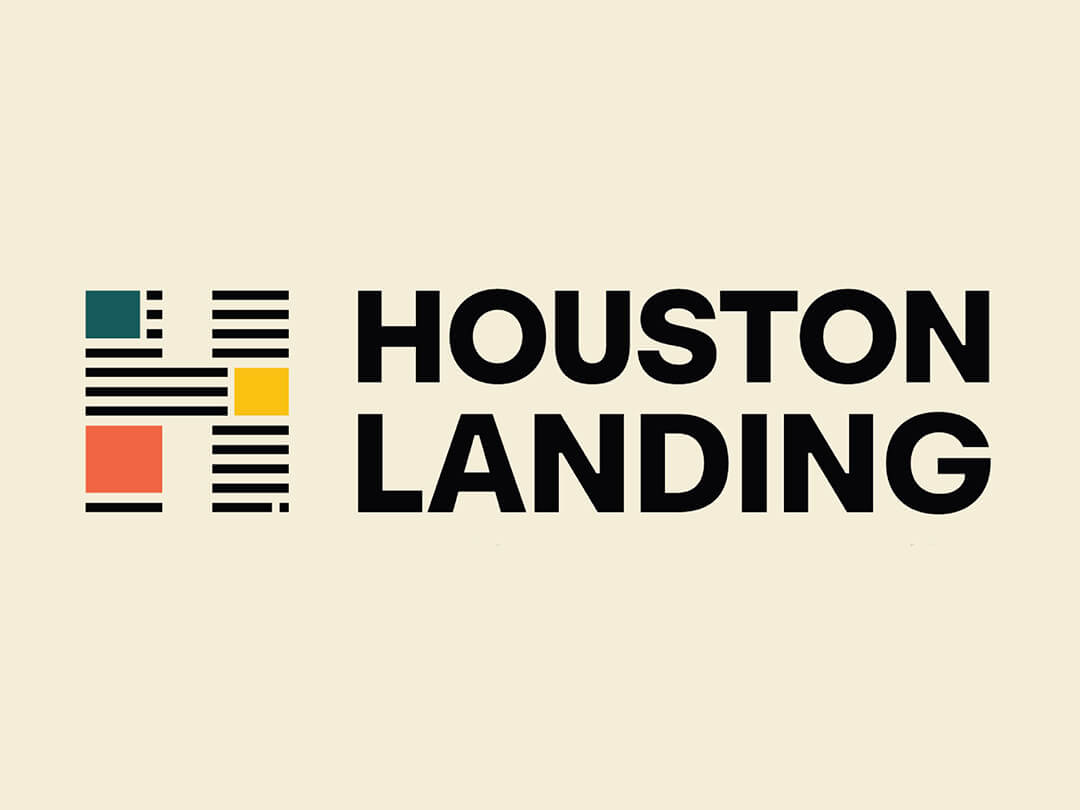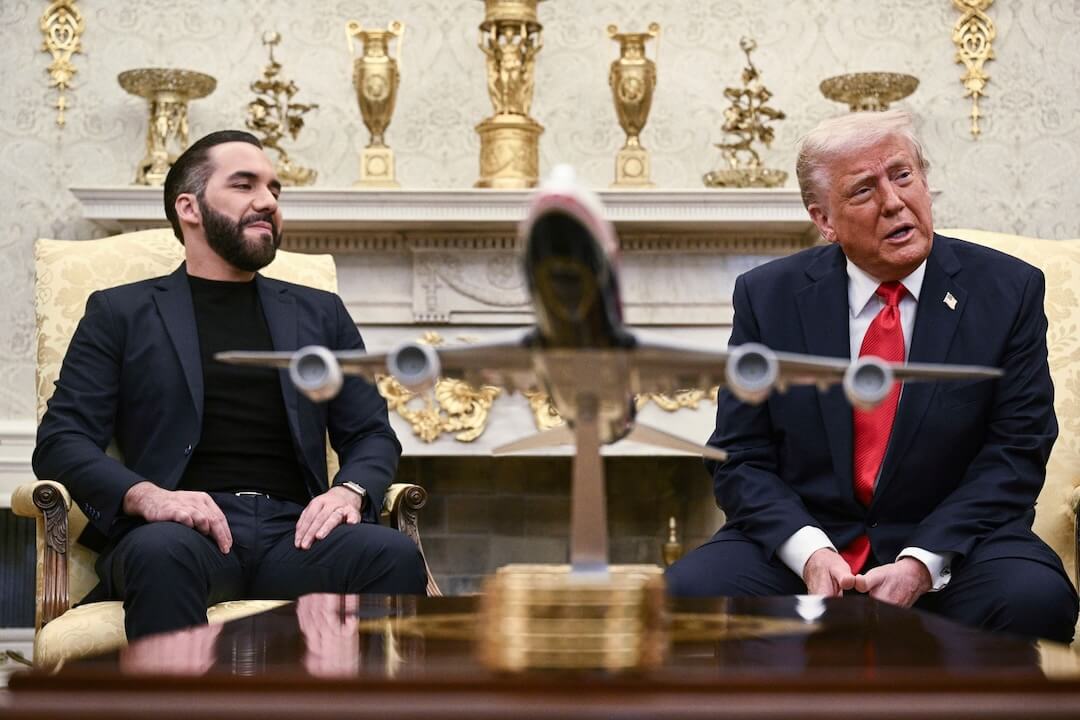Factually is a newsletter about fact-checking and misinformation from Poynter’s International Fact-Checking Network. Sign up here to receive it in your email every other Thursday.
It started as a rumor. Following reports alleging right-wing Facebook pages were receiving outsized engagement, Meta, Facebook’s parent company, began reassigning or removing team members working on CrowdTangle, Facebook’s data analytics and social monitoring tool responsible for revealing the issue. Articles were popping up claiming that there were internal disagreements over data-sharing and transparency at Meta, and that executives ultimately planned to discard the tool – though there has been no official confirmation from the company so far.
Whether those reports and the tool’s restructuring are related is up in the air, but after talking with several organizations that use and rely on CrowdTangle, a few things are clear.
- CrowdTangle is an integral, unparalleled tool for analyzing trends, tracking down article sources and understanding virality on Facebook.
- There’s a flurry of rumors, believed credible by a large international community of fact-checkers and journalists, corroborated by Bloomberg and others, that Meta will imminently retire the tool.
- And, right now, Meta is keeping fact-checkers, researchers and the press in the dark about its future.
Some fact-checkers have speculated that Meta may rush to kill the tool before the strengthened European Code of Practice on Disinformation comes into effect in early 2023, which could make it harder for Meta to do away with it. Others thought the strategy was to passively divest resources and staff from CrowdTangle and let it fade.
Though Meta side-stepped direct questions about the deletion of CrowdTangle, Meta spokesperson Sabrina Nadia Siddiqui told the International Fact-Checking Network that Meta has “been looking at all of the different products we offer to help researchers understand the impact of our platform and discussing ways that we can make these tools even more valuable for them.”
Siddiqui cited examples of Meta’s commitments to data-sharing and transparency, including its reports on community standards enforcement, content, threats and coordinated inauthentic behavior. She pointed to the formation of a new team focused on advancing public knowledge about its policy and enforcement methodologies and enabling independent research on “key social issues.” Further, Meta said that the user experience of CrowdTangle has not changed (though multiple fact-checkers noted, anecdotally, that the app has been more “buggy” than usual since reports of the team downsizing last year.)
However, perhaps ironically given its professed ideals of transparency, Meta refused to release information about whether or not it plans to remove the tool; when the decision, if any, was made; whether it will officially communicate with third-party fact-checking organizations about the looming prospect of CT’s removal; whether replacement tools (which some of Meta’s statements seem to hint at) will have access to the same application programming interface or internal data as CrowdTangle; and why, if the goal is transparency — as the company suggests — remove or replace such a potent tool in the first place.
“We are in a totally unfair war against misinformation, so if we have this tool that works properly, losing it would be a problem,” said Pablo Fernández, an Argentinian journalist and executive director of Chequeado, a Buenos Aires-based fact-checking organization — one of the largest in South America. “We want to try to keep it, at least for fact-checkers.”
“Every platform should have a way for people to access this type of data,” said Gemma Mendoza, head of digital strategy at Rappler, a leading independent news publication in the Philippines that routinely uses CrowdTangle. “Why make it hard for researchers? Why make it hard for journalists to look into this — to study disinformation on their platform?”
“We need companies to get even better at helping us find information, to be able to handle misinformation or find sources, and we’re seeing the opposite. It’s disappointing,” said Andronikos Koutroumpelis, a fact-checker and founding member of the Greek fact-checking organization, Ellinika Hoaxes. “In cases that are more complex, in cases where a source can’t easily be identified or in cases where the misinformation has started from somewhere abroad, having CrowdTangle as a tool is very useful.”
Whether Meta’s motives for eventually removing CrowdTangle are to manage its finances, its reputation or both, its mere presence is an asset to its image, viewed by fact-checkers as above and beyond what other social media companies bother to provide. Because of this, many couldn’t understand why Meta would cut CrowdTangle — it’s one of the greatest examples of collaboration between fact-checking and tech. Despite the negative press it occasionally generates, its existence means Facebook is doing better than other platforms, some of which are doing next to nothing.
“Transparency can require a non-trivial amount of resources to get right and it comes with some legal and privacy risks because of how many regulatory grey areas there are around data sharing,” said Brandon Silverman, the former CEO and co-founder of CrowdTangle, who left Meta in late 2021, along with others from the CrowdTangle team.
Silverman described varying internal schools of thought over how transparent Meta ought to be. While some at the company tended to advocate for as much transparency as legally feasible, others believed that transparency has led to needless complication. Similar conversations are taking place at every major platform.
“More data sharing means more scrutiny and more criticism, some of which will inevitably get the underlying facts wrong, and that gets very frustrating to some people at platforms. That camp tends to think that the platforms know more about their data than the outside world ever will and any external data sharing is only going to serve as a distraction from their teams being able to focus on the problems they’ve identified,” Silverman said.
Silverman now works with congressional offices to help them think about how to legislate transparency in tech.
“The big reason I got involved initially was that I was specifically asked to help write language that would literally make a version of CrowdTangle a legal requirement for any large social platform in the U.S.,” he said.
Some of Facebook’s CrowdTangle-induced bad press happened last year, when Gizmodo reported that Facebook reassigned dozens of staff and “sidelined” its CEO when data obtained through CrowdTangle showed that “misleading content from right-wing pages regularly outperform traditional news outlets on the News Feed.” The revelation that the right received outsized engagement on Facebook was initially discovered by New York Times technology columnist Kevin Roose, and was subsequently shared on Twitter, on a handle run by Roose called “@FacebooksTop10,” which automatically posts the top ten Facebook posts of the day using CrowdTangle data.
Many thought that some of the higher-ups at Facebook may have been uncomfortable with the kind of information the tool revealed about Facebook’s inner workings. In addition to Roose’s updates, independent researchers have been able to evaluate the efficacy of Facebook’s attempts at anti-misinformation interventions using CrowdTangle.
“If we lose CrowdTangle, we are losing an extremely valuable tool to identify sources of misinformation,” said Emmanuel Vincent, the founder of Science Feedback, a French science and analysis-focused fact-checking and research organization.
Vincent led a study, using data from CrowdTangle and BuzzSumo, examining whether Facebook actually implements its enforcement policies on misinformation – and to what extent. (At a recent fact-checking conference in Oslo, Norway, Meta representatives were there for one of Vincent’s talks presenting this research.)
“What we wanted to check was whether Facebook indeed implements the policies that they state against those groups and pages that repeatedly spread misinformation,” Vincent said. “We have been able to quantify how much Facebook actually acts against them by decreasing the visibility of all their posts.”
Vincent’s research found Facebook reduces page traffic by about 50% if a page shares two instances of false news within a 90 day window. The traffic reduction lasts until the end of the 90 day period, the beginning of which is marked by the first instance.
“We’ve shown it’s only short term effects, only for 90 days maximum. And after that everything goes back to normal,” Vincent said. “Based on preliminary analysis, we didn’t observe repeat offenders changing their behavior, despite Facebook’s warnings.”
Meta representatives did not deny the veracity of Vincent’s research when presented with it, according to Vincent.
“And it’s not just us, many other groups are doing many other things with that data (from CrowdTangle),” Vincent said.
Fernández said that numerous smaller outlets just getting their start in Latin America don’t have the wherewithal to afford alternative tools, like BuzzSumo, NewsWhip and TrendsMap, which come with costly subscription fees.
“Imagine how useful it is for smaller newsrooms, for startups that are just beginning their work in Latin America,” Fernández said. “They need tools and they are not able to pay for them.”
Fernández said CrowdTangle is particularly useful for knowing the number of times a specific URL has been shared.
“That’s something you can see with CrowdTangle, and it’s really helpful to share that with our audience,” Fernández said. “It’s showing how misinformation spreads on their platform. So maybe they don’t want to make it visible, but at the same time killing it is also a problem.
“Next year we have presidential elections in Argentina and losing tools is exactly the opposite of what we need,” Fernández said. “Smaller orgs will be hit harder, but it’s a problem for everyone.”
Meta has not reached out to its third-party fact-checkers about CrowdTangle — in any official capacity — despite sending routine updates about other fact-checking partnerships and changes in policy.
“We’ve only seen the headlines,” Mendoza said. “There’s no discussion about it.”







